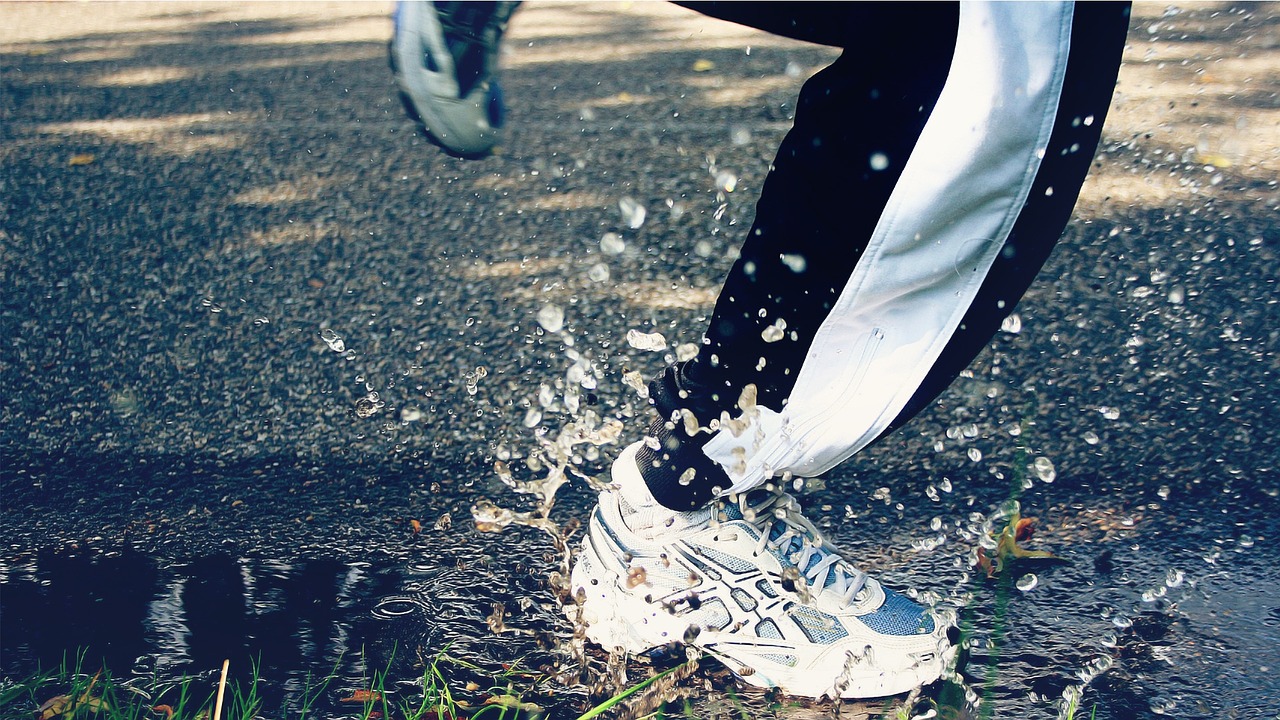
Do you get wetter walking or running in the rain?
ADVERTISEMENT
dancing in the rain is best !
I say walk in the rain and enjoy it if it is not a deluge where you could drown if walking, but if you are going to run be sure to have good shoes for running in the rain or you could suffer something worse than getting wet. I love rain walks. It is very refreshing as it is meant to be.
I think it is easier to be watchful when you are walking. Check the weather forecast before you leave home.
I can't believe scientists have time to discuss this! Who pays them for this!
Simple curiosity is the reason humans have come so far. Never lose that.
That's what science is all about. That's what scientists do.
I say walk and enjoy playing in the rain...this way you slow down and what is it going to hurt if you get wet anyway? It's not like we melt.
i think this is a good paper about this problem
google:
Run or walk in the rain? (Orthogonal projected area of ellipsoid) figshare
Forget speed; instead measure time. Slower you walk, longer the exposure, wetter you get. Runner will be drier.
Wet is wet no matter the coverage.










